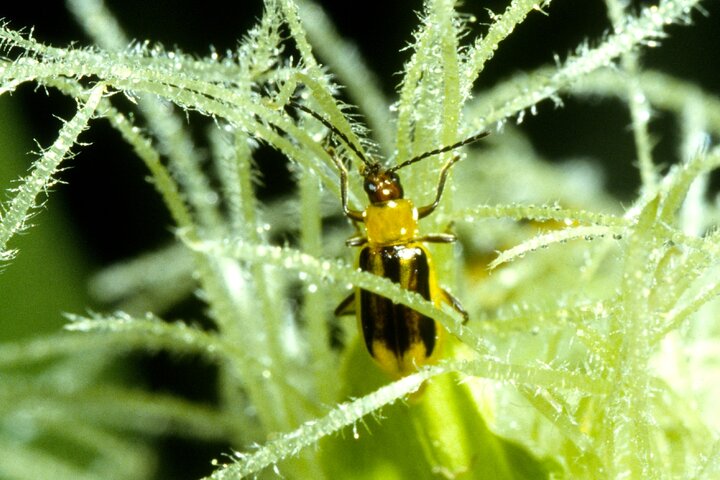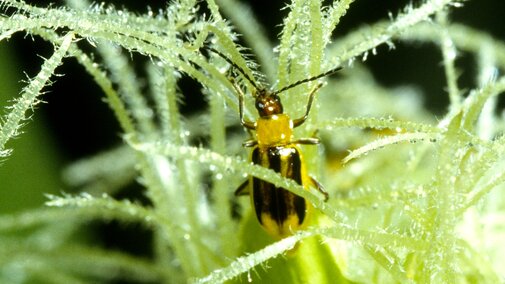We have heard comments from several people this winter who are considering planting non-Bt traited corn hybrids in 2017, primarily to reduce seed costs due to the lower market value of corn. Additionally, some people may be planting types of corn that do not offer Bt traits, such as popcorn or white corn.

Crop Scout Training for Pest Managers
March 14, 9 a.m. - 5 p.m.University of Nebraska Agricultural Research and Development Center, near Mead
See program details
This may be an appropriate strategy for some people, but our main concern as entomologists is that you plan for the additional pest management practices (and associated costs) you may need to adopt, given this decision.
First, you should develop a plan to scout your non-Bt traited corn fields for insects during the growing season—either hire a crop consultant or identify someone in your farm operation who will do this. The risk of insect injury to each field is hard to predict, but some fields will be damaged every year, dependent on cropping history, weather, and other factors. Regular monitoring during the growing season is critical to be able to respond appropriately if damaging populations of insects occur on your farm.
If you plan to use insecticides rather than Bt traits to manage insects, plan how these will be applied. In the case of managing corn rootworms at planting time, either granular or liquid insecticides may be used. Is your planter set up to accomplish this? Post-plant insecticide applications may be applied by ground, air or chemigated. Do you have the equipment to do this or will you contract to get this done? Do you have a pesticide applicator’s license if you plan to apply insecticides yourself?
We will provide additional CropWatch articles in the future with more details on managing corn rootworm, European corn borer, and western bean cutworm in non-Bt traited corn hybrids.
On this March 2017 Market Journal segment Nebraska Extension Entomologist Robert Wright discusses how growers will want to adjust their scouting practices if planting non-Bt corn this season.
